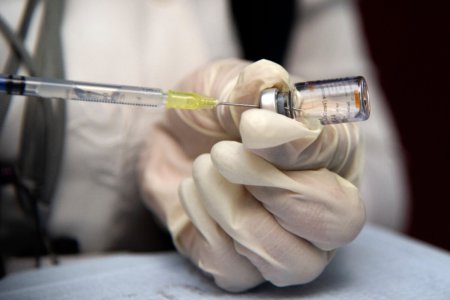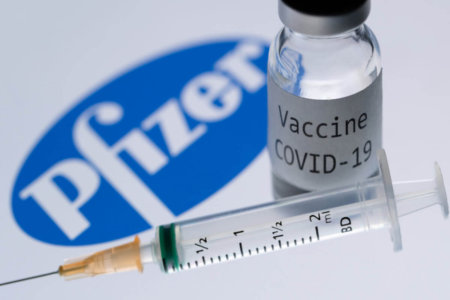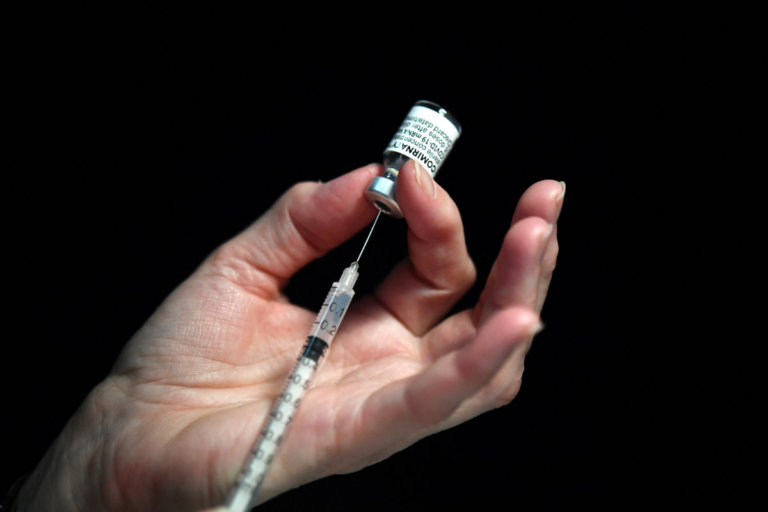
Borders are opening up to vaccinated individuals. Over a year after the pandemic upended the lives of students all over the world, vaccines are shining a glimmer of hope for international education this year. Now, many are hoping to resume their studies abroad after getting vaccinated.
Vaccine passports — which contain digital proof as to whether the bearer has been successfully tested and vaccinated — have been introduced in Europe, with other countries such as Canada set to follow suit. This will allow the movement of “safe” individuals across borders, thus restoring travel for study, business, and leisure.
While the UK, Australia, and Canada will cover vaccinations for international students, other countries are easing travel restrictions for vaccinated individuals in 2021. Here’s a look at the requirements in some of these countries.
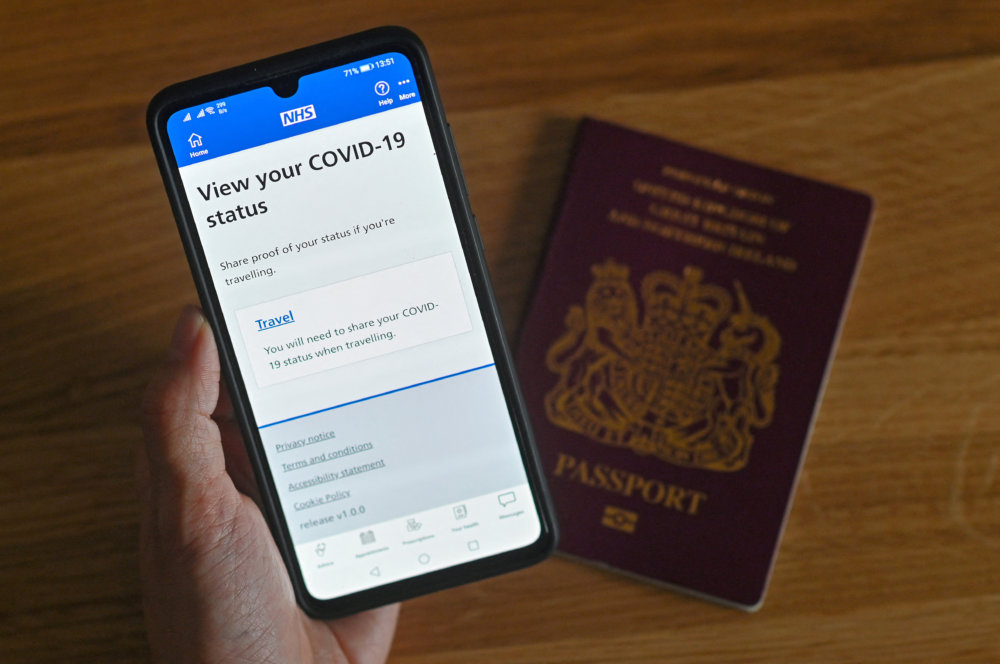
Digital passports will soon rule international travel. Source: Justin Tallis/AFP
Estonia
If you have been vaccinated in the past six months, you are welcome to enter Estonia. Since its cases are down to a low level, this Northern European nation is open to visitors; you no longer have to quarantine if you can produce a negative COVID-19 test from within the past week. Anyone who has been diagnosed with COVID-19, but recovered in the past six months, may also enter.
France
Vaccinated visitors may cross the border into France — if they can produce a negative PCR test from within the last three days, or a negative antigenic test from within the last two days. Students and researchers are cleared for entry two weeks after the second shot of their double-shot vaccines (Pfizer, Moderna, AstraZeneca), four weeks after single-shot vaccines (Johnson & Johnson), or two weeks after the shot for vaccines in people with a history of Covid-19 (only 1 shot required). You must also sign a sworn declaration certifying that you are not displaying any symptoms and have not met anyone with COVID-19 in the past 14 days.
Students from “green countries” may enter without restrictions; beside countries in the European Union (EU), this includes Australia, Israel, Japan, Lebanon, New Zealand, Singapore and South Korea. International students may also be vaccinated in France. Check other restrictions on Campus France.
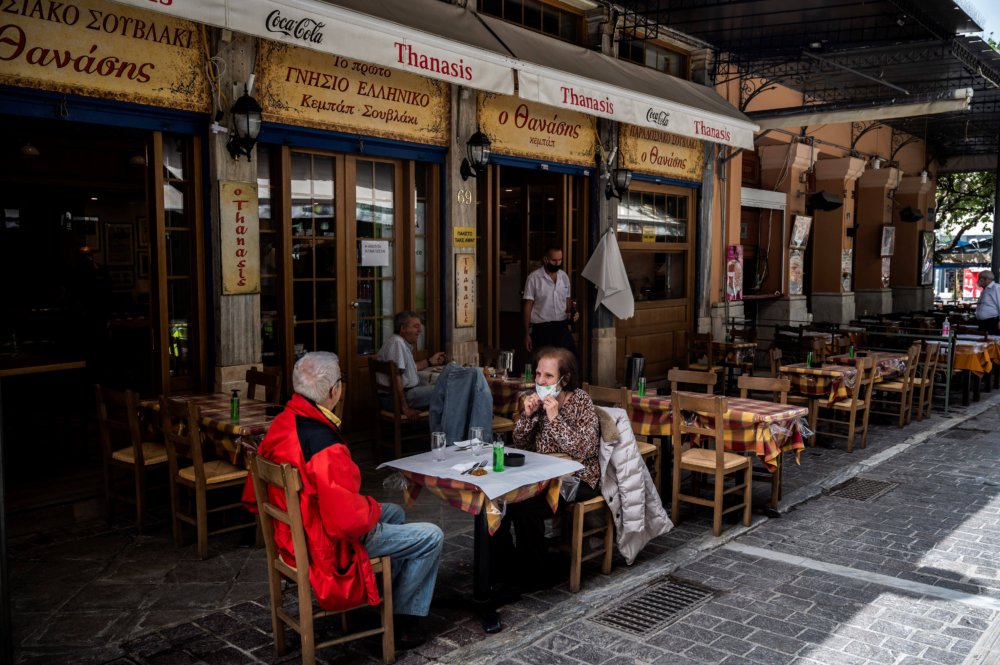
Restaurants and social life are opening up in countries like Greece, pictured here. Source: Angelos Tzortzinis/AFP
Greece
Since Greece is welcoming summer tourists from May 14 onwards, vaccinated students should have no trouble getting in. Those who have not received the vaccine may still enter the country if they can prove they have antibodies, or present a negative PCR test.
Lithuania
Looking to study in Lithuania? Bring along your vaccination certificate, and you’re free to enter without being required to isolate. This applies to everyone except students travelling from India, who will still have to quarantine for two weeks. Lithuania recognises Janssen, Comirnaty, Moderna, and Vaxzevria vaccines.
Hong Kong
Major universities in Hong Kong are implementing regulations around COVID-19 vaccinations ahead of the September term. Hong Kong University of Science and Technology, University of Hong Kong, Hong Kong Polytechnic University and Chinese University of Hong Kong are prioritising vaccinated students on campus and in dorms; those not inoculated must test regularly. So while it is not yet compulsory, getting your vaccine will ease your study abroad journey in Hong Kong.
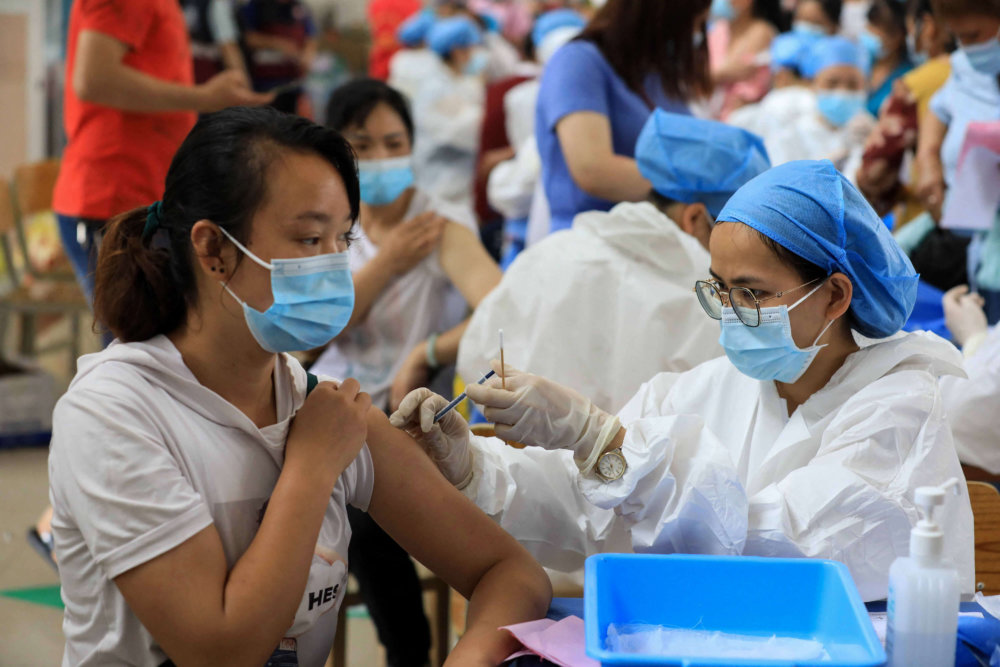
Check which vaccines are accepted in the country you are heading to, in order to avoid being turned away at the border. Source: Source: STR/AFP/China OUT
China
As of March 15, visitors entering China must have received Chinese (CoronaVac, Sinovac or Sinopharm) or American (Pfizer, Moderna, and Johnson & Johnson) COVID-19 vaccines; this will ease visa approval, too. Additionally, China will soon launch a digital health certificate programme that will display vaccination and testing history. Students from India should take note that visitors who received Chinese vaccines in a different country have been turned away because of India’s COVID-19 status.
United States
Though the US government has yet to clarify whether students must present proof of vaccination at the border, American universities and colleges are taking the lead by announcing mandatory vaccinations for anyone returning to campus in fall.
The University of California proposed a policy on April 22 suggesting that every student returning from overseas must first receive a vaccine approved by the World Health Organisation (WHO) — though the policy will only be finalised once the US Food and Drug Administration (FDA) approves these COVID-19 vaccines. So far, WHO has approved six vaccines for emergency use: Pfizer/BioNTech, Astrazeneca-SK Bio, Serum Institute of India, Janssen, Moderna, and Sinopharm. According to the Centre for Disease Control, you are fully vaccinated two weeks after your second dose in a double-dose vaccine, or two weeks after your single-dose vaccine.








